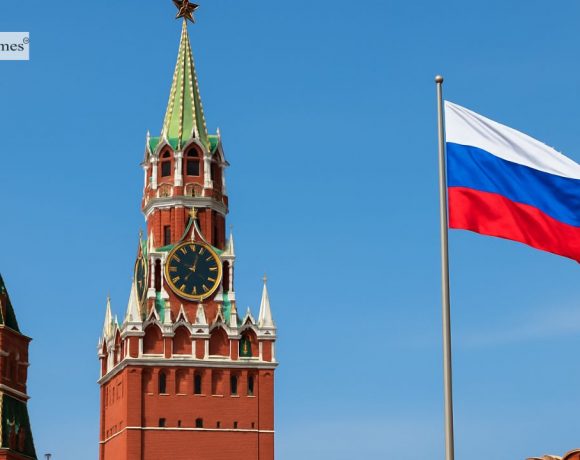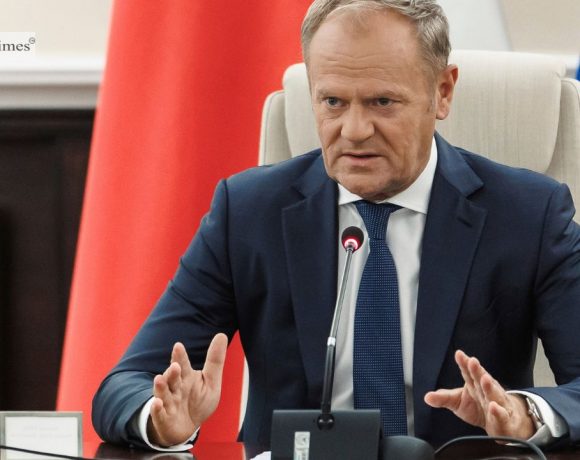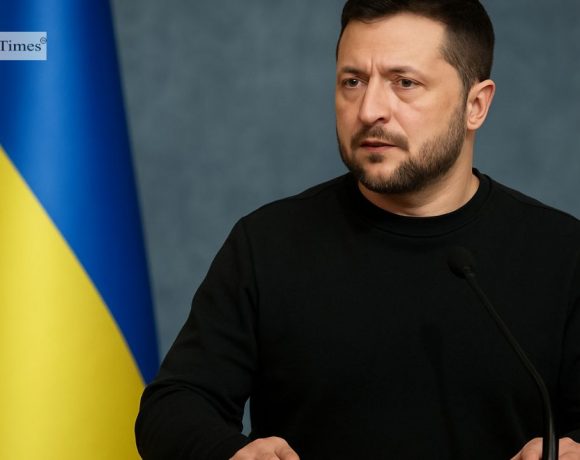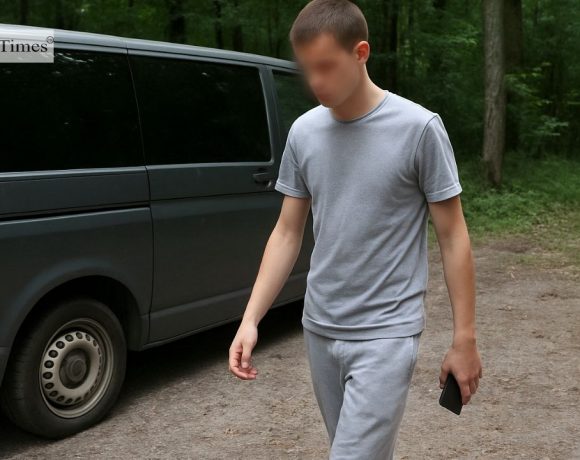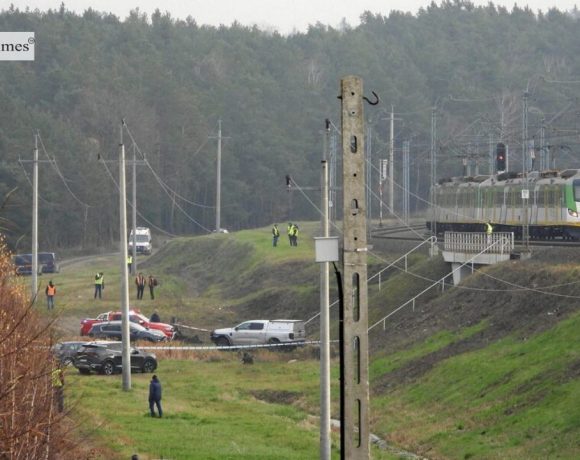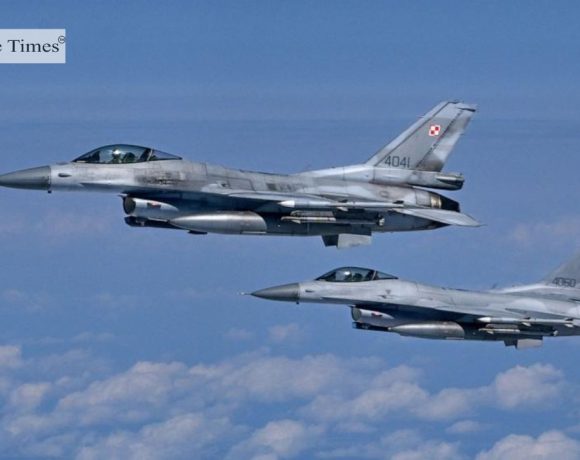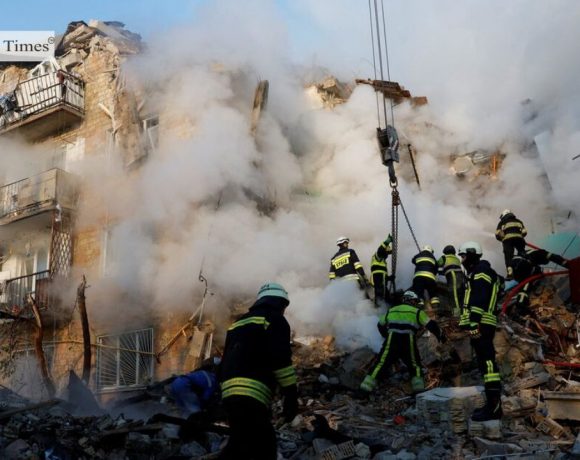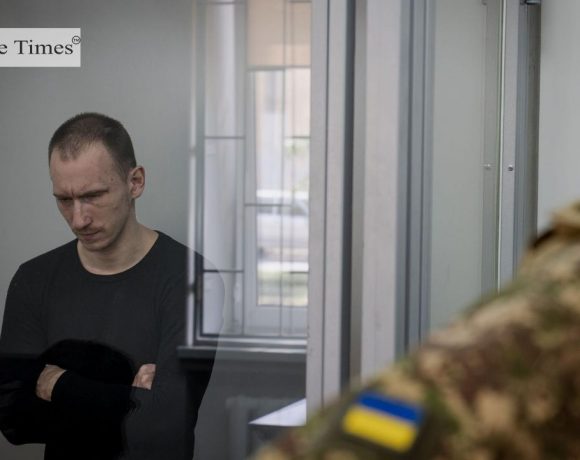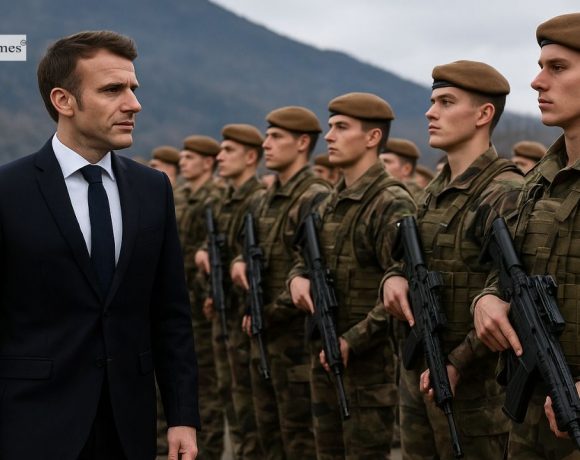
French President Emmanuel Macron announced on Thursday a new voluntary youth military service set to begin by mid-2026, aiming to strengthen the nation’s defense in the face of “accelerating threats” worldwide. Open to 18- and 19-year-olds, the program will last 10 months, offer pay, and initially engage 3,000 participants on French soil, expanding to 10,000 by 2030. The initiative is part of a broader European trend, aligning France with countries like Germany and Denmark, and will cost an estimated 2 billion euros ($2.32 billion).
Macron emphasized that the program is not a return to conscription, which was abolished by Jacques Chirac in 1996, but rather a “hybrid army model” combining national service youth, reservists, and the active military. Participants could integrate into civilian life, continue as reservists, or join the armed forces full-time. France also plans to expand its pool of reservists to 100,000 by 2030, up from around 47,000 today, with total military strength reaching approximately 210,000.
The announcement comes amid controversy sparked by comments from General Fabien Mandon, France’s armed forces chief, who suggested that France may need to endure losses in the face of Russian aggression. Macron clarified that the youth program would not involve sending French volunteers to Ukraine, while political figures defended Mandon’s blunt remarks as a necessary warning to the public.
Pic Courtesy: google/ images are subject to copyright

